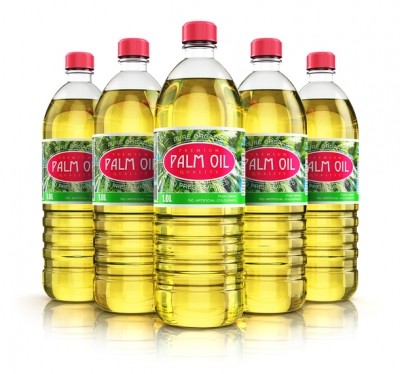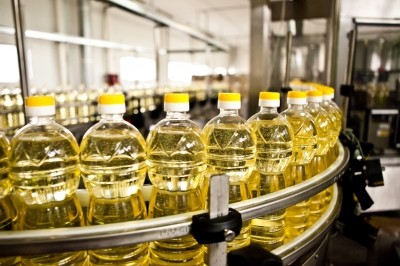EU scientists warn against methods that overstimate carcinogen levels in food

The scientists at the European Commission's Joint Research Centre (JRC) were tasked with investigating critical steps when determining fatty acid esters of monochloropropanediols (MCPDEs) and of glycidol (GEs) using indirect gas chromatographic mass spectrometry.
They did this for the European Union Reference Laboratory (EURL) whose job it is to provide “validated, state-of-the-art and fit-for-the-purpose analytical methods” to monitor processing contaminants in foods.
Looking at the levels of contaminants in bakery and potato products, smoked and fried fish and meat and cereal products, the scientists assessed the accuracy of the analytical methods commonly used.
“It was found that depending of the composition of the food matrix artefact formation might occur during sample preparation, leading to biased results,” they wrote.
The “trueness” of the results is affected by the additional formation of 3-MBPD esters from monoacylglycerols (MAGs), which are frequently present in food. This means the GE contents for some samples was overestimated, said the scientists, who proposed an additional “clean-up step” for foods that contain esters derived from MAGs.
“An analytical protocol developed for remediation of this issue. This published information will support EU official food control laboratories in the monitoring of MCPD esters and GE contents in food and in the implementation of future legislation on maximum levels of these substances in food,” said the researchers.
EFSA opinion
Last year the European Food Safety Authority (EFSA) published an opinion on the potential contaminants and said they were a potential health concern for all younger age groups with average exposures, and for consumers with high exposure in all age groups.
Dr Helle Knutsen, chair of EFSA's panel on contaminants in the food chain said: “We have set a tolerable daily intake (TDI) of 0.8 micrograms per kilogram of body weight per day for 3-MCPD and its fatty acid esters based on evidence linking this substance to organ damage in animal tests.”
She added that, “the toxicological information is too limited, however, to set a safe level for 2-MCPD”.
Some of the highest levels are found in palm oil, however the palm oil industry has said this can be reduced through careful harvesting and processing techniques. Formation of the contaminants is associated with the high temperatures used when processing the palm kernels.
Source: Food Control
"Assessment of critical steps of a GC/MS based indirect analytical method for the determination of fatty acid esters of monochloropropanediols (MCPDEs) and of glycidol (GEs)"
Published online ahead of print, doi:10.1016/j.foodcont.2017.01.024
Authors: Z. Zelinkova et al.















